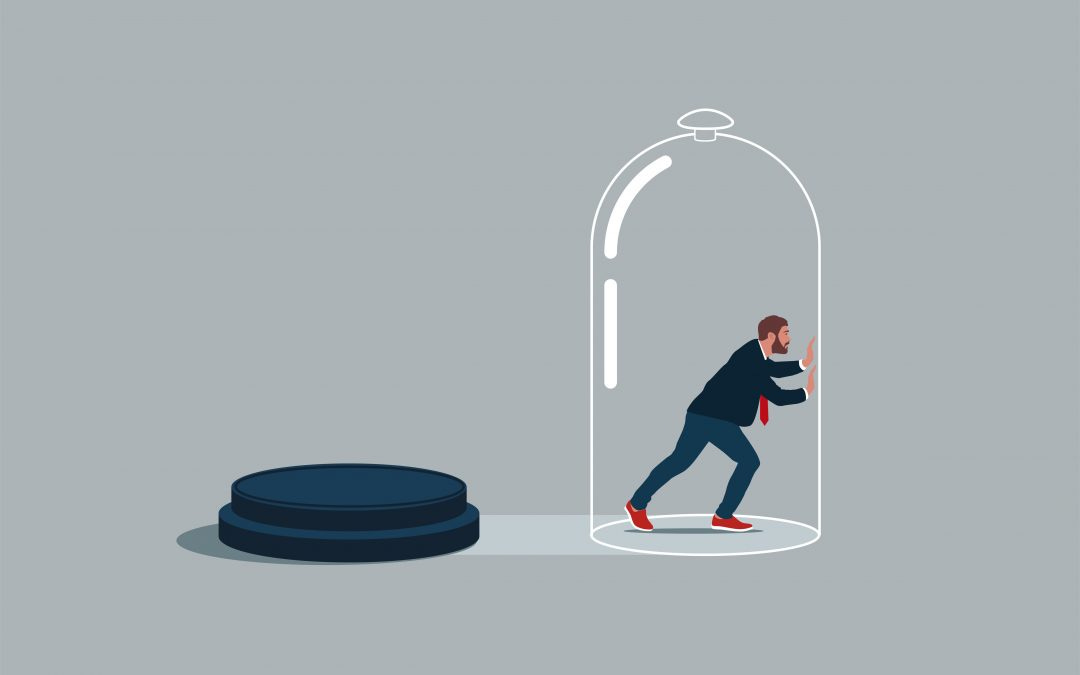The Hidden Curriculum of Medicine
Why Becoming a Healer Requires More Than Memorisation
Introduction: The Paradox of Medical Education
I’m a medical student at UCL, and I’ve spent countless nights hunched over textbooks, cramming biochemical pathways and anatomical diagrams.
But here’s the uncomfortable truth I wish someone had told me sooner: half of what I’ve memorized will never leave the pages of those books.
This isn’t a critique of hard work—it’s a wake-up call about how we define “learning” in medicine.
The Lie We’re Sold: Medicine as a Checklist
Aspiring doctors grind through exams, research, and volunteering, chasing the golden ticket of a medical school seat. I did it too. But once you’re in, you realize: that getting in was the easy part.
The real challenge isn’t memorizing diseases or taking exams.
It’s learning to think—to navigate uncertainty, to see patients as humans, not cases, and to recognize that medicine’s most critical variables aren’t in textbooks. They’re in the stories, struggles, and systems that shape health long before a patient enters the clinic.
Why Your “Useless” Knowledge Matters Most
The best doctors I know share a secret: they’re polymaths. They read philosophy to dissect ethical dilemmas. They study psychology to decode patient fears. They analyze history to understand how systemic inequities seed disease.
Here’s why this works:
Philosophy teaches you to question why we treat, not just how.
Psychology reveals the invisible forces shaping “non-compliance.”
Economics explains why some patients can’t afford insulin—or a bus ride to the pharmacy.
Yet medical schools reduce these complexities to bullet points. They train us to tick boxes, not connect dots.
The 1% Rebellion: How to Out-Think the System
Every day, I block out one hour to learn something “irrelevant” to medicine. This isn’t about productivity hacks—it’s about reclaiming curiosity in a system that conflates competence with compliance.
My daily hour includes:
Sales & Marketing: To build a side hustle that funds my freedom to care, not just prescribe.
Psychology of Money: To avoid medicine’s debt trap—a system that pressures doctors to prioritize profit over patients.
Stoicism: To diagnose my burnout before diagnosing others.
The result?
I’ve become a sharper diagnostician, a calmer student, and ironically, a better clinician—not because I studied harder, but because I studied wider.
The Unseen Skills That Define Great Healers
The world doesn’t need more doctors who can recite drug mechanisms. It needs healers who:
Spot loneliness behind a “difficult patient’s” chart.
Debate philosophy with a surgeon over coffee.
Write discharge plans that consider bus fare, childcare, and food insecurity.
These skills aren’t taught in lectures. They’re forged through curiosity, courage, and the humility to learn beyond the syllabus.
Your Invitation to Rebel
To the med students and aspiring healers reading this:
Ask “why?” relentlessly—even when the system rewards “how.”
Spend 1% of your day exploring ideas that terrify or fascinate you.
Remember: Your GPA measures compliance. Your curiosity measures impact.
P.S. If you are an aspiring medic looking for MMI database and questions, you can get yours for 30% off with code MMI50 here :)


